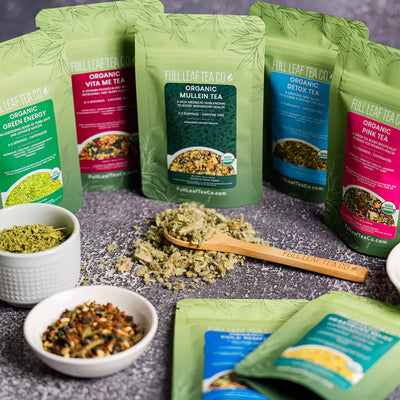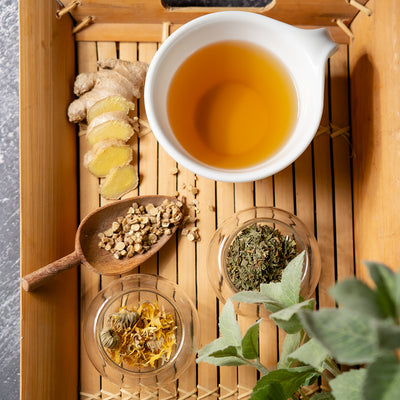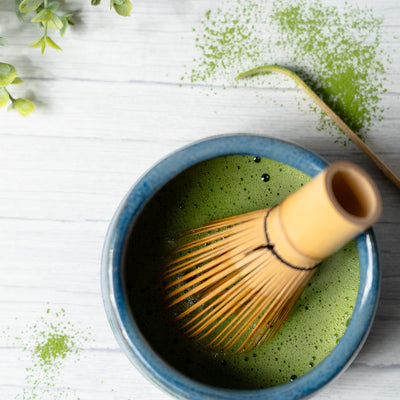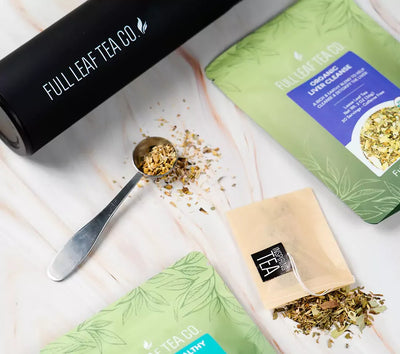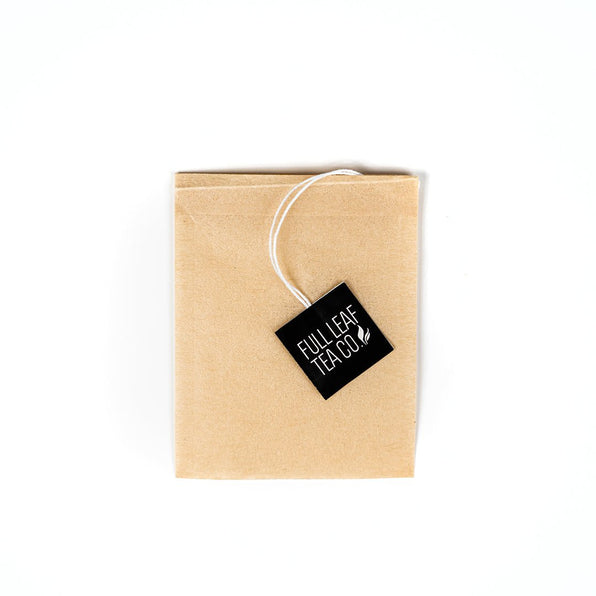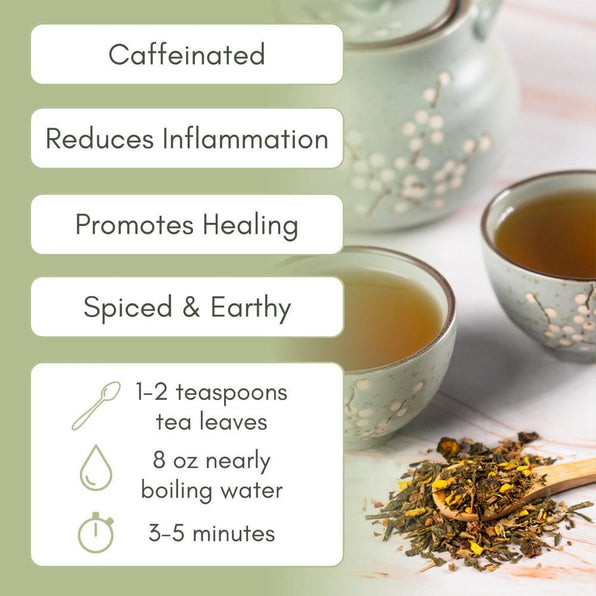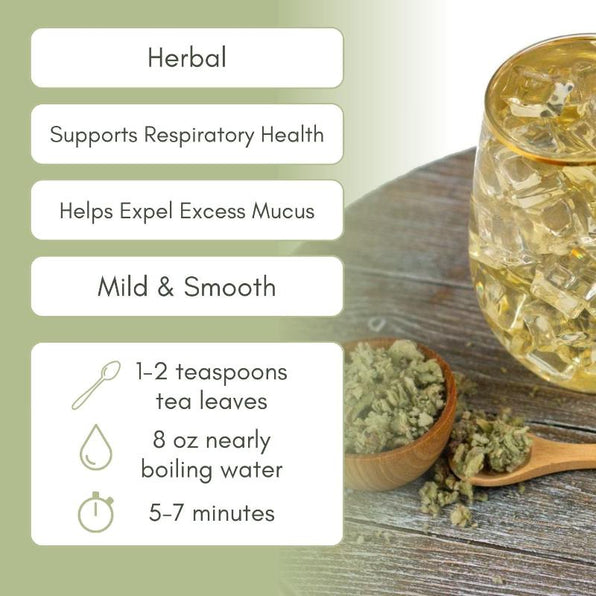What is Fennel?
Fennel (Foeniculum vulgare) is a flowering plant species in the carrot family. Native to the Mediterranean region, fennel is highly aromatic and flavorful, and it has become naturalized in many parts of the world. The plant features feathery leaves and yellow flowers, and all parts of the plant are used in culinary and medicinal applications.
Fennel seeds, in particular, are known for their sweet, anise-like flavor and are commonly used in cooking to add a distinctive taste to dishes. The bulb, stalk, and fronds of the fennel plant are also used in various cuisines, often enjoyed both raw and cooked. In addition to its culinary uses, fennel has a rich history of use in traditional medicine.

